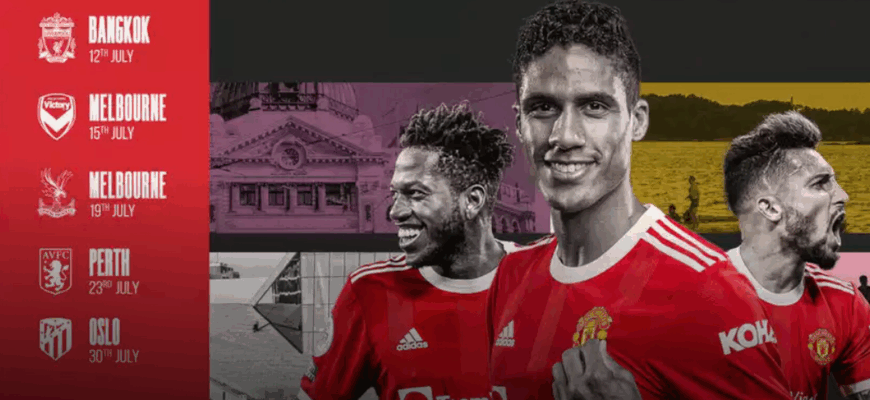In the relentless theatre of the Premier League, where narratives can shift faster than a counter-attack, Manchester United finds itself grappling with a scenario few anticipated so early in the season. With barely a handful of games played, the whispers of `crisis` have already coalesced into a roaring chorus around Old Trafford. What was expected to be a period of consolidation and cautious optimism has instead devolved into a stark examination of the club`s direction, with manager Ruben Amorim squarely in the spotlight. The upcoming clash against Chelsea is not merely another fixture; it`s a litmus test, a pivotal moment that could either stem the tide or deepen the existential angst permeating the Theatre of Dreams.
The recent past has been particularly unforgiving for the Red Devils. A shock exit from the EFL Cup at the hands of Grimsby Town served as an early, uncomfortable jolt. This was swiftly followed by an uninspired 3-0 defeat in the Manchester derby against City, a result that, while not entirely unexpected given City`s dominance, was stark in its illustration of United`s current disarray. Defensively, the team has appeared consistently unorganized, a porous entity struggling to contain opponents. Even the arrival of new goalkeeper Altay Bayindir has yet to instill a sense of solidity, leaving many to wonder if the problem runs deeper than individual personnel.
At the heart of this early-season turmoil lies Ruben Amorim. Once heralded as one of football`s brightest young minds, his tenure at United has seen a troubling regression. Critics point to an unusual inflexibility in his tactical approach; a stubborn adherence to a back three, regardless of the circumstances, seems to override practical considerations. His in-game management, too, has come under scrutiny. The recent derby defeat provided a prime example: trailing 2-0 with ample time remaining, Amorim`s substitutions – bringing on Harry Maguire and Kobbie Mainoo, while removing more offensive options – raised eyebrows. The notion that Maguire, a defender, was perceived as a viable goal threat speaks volumes about the creative barrenness Amorim faces, or perhaps, perpetuates.
The summer transfer window offered a glimmer of hope, with high-profile arrivals like Benjamin Sesko, Matheus Cunha, and Bryan Mbeumo. These were, ostensibly, players hand-picked to fit Amorim`s vision, tasked with revitalizing a blunt attack. Yet, the anticipated `kick into high gear` has simply not materialized. The attacking trio has struggled to make a noticeable difference, leading to uncomfortable questions about the manager`s ability to integrate new talent or, indeed, his overall vision for the team`s offensive philosophy. If the chosen instruments cannot play the tune, one must inevitably look to the conductor.
Across the pitch, Chelsea arrives at Old Trafford in a state of flux themselves. With just two wins in five games across all competitions, Enzo Maresca`s side is hardly a picture of consistency. However, their struggles, while frustrating for their fans, lack the acute sense of existential dread currently gripping United. For Chelsea, this match represents an opportunity: against a deeply vulnerable opponent, securing a win would be a significant step in rebuilding confidence. The pressure, it seems, is less on Maresca to save his job, and more on him to capitalize on the chaos unfolding at their rivals.
As the floodlights illuminate Old Trafford on Saturday, the stage is set for a narrative steeped in irony and high stakes. Two giants of English football, both underperforming, yet with vastly different pressures. For Manchester United, and crucially for Ruben Amorim, this fixture is far more than three points. It is an opportunity to prove worth, to demonstrate tactical adaptability, and to silence the increasingly vocal doubters. Failure to do so would not only further damage a once-sterling reputation but could plunge the club into an even deeper, earlier-than-expected winter of discontent. The Premier League waits for no one, and Old Trafford`s patience, much like its early-season optimism, appears to be running remarkably thin.







